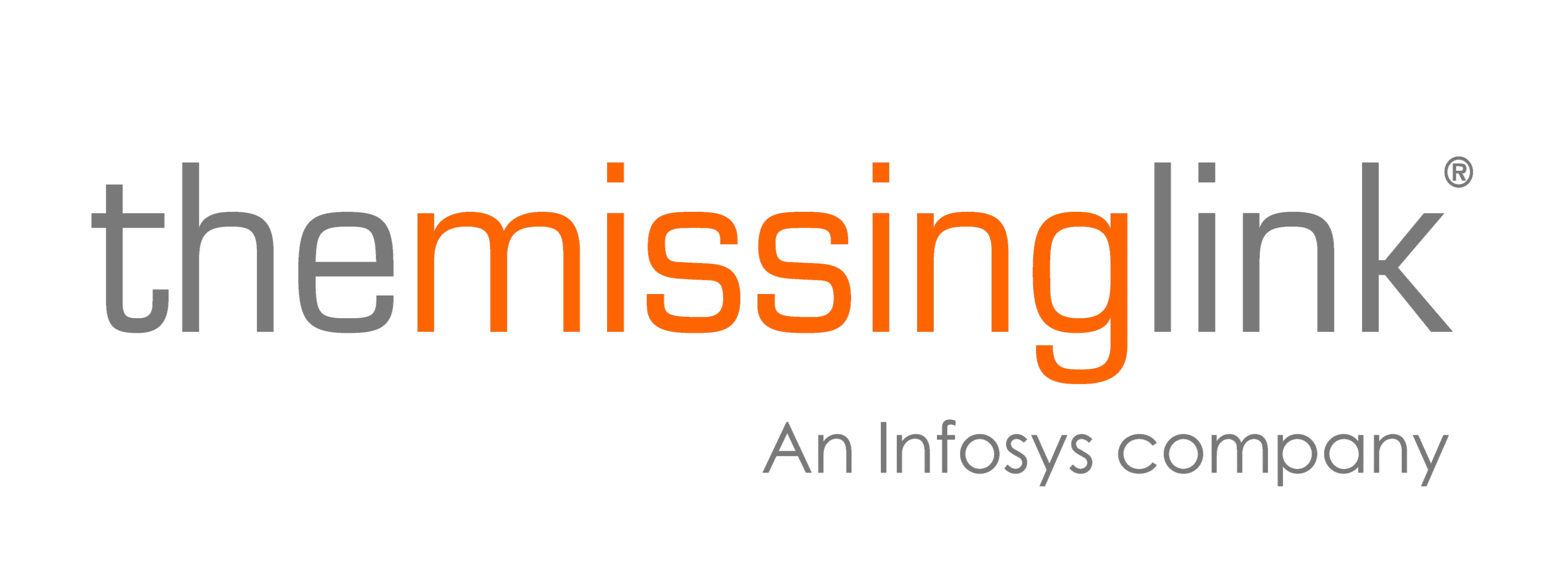Welcome to the latest edition of The Neural Link!
This month spotlights the growing tension between innovation and impact. Anthropic’s CEO forecasts sweeping job disruption from generative AI, while Disney and Universal launch a landmark lawsuit that could reshape copyright law. Meta doubles down on its AI ambitions with the launch of Superintelligence Labs, and Wikipedia’s community revolts over automated content.
From data sovereignty in Germany to deepfake moderation, voice cloning, and Wall Street AI assistants, Edition 8 covers the edge of what’s next and what’s being challenged.

💼Anthropic CEO warns AI could wipe out half of entry-level jobs
Anthropic CEO Dario Amodei has issued one of the starkest AI workforce forecasts yet, warning that up to 50% of entry-level white-collar jobs could disappear within five years. Speaking in June, Amodei predicted unemployment could rise to 20% if companies and governments fail to manage the transition responsibly. While he stressed the long-term benefits of AI, he urged industry leaders to invest in retraining and policy safeguards now. The comments reflect mounting concern over AI’s economic disruption even among its most prominent builders.
Read the full story
 ©️Disney and Universal sue Midjourney in landmark AI copyright case
©️Disney and Universal sue Midjourney in landmark AI copyright case
Disney and Universal have filed a major lawsuit against AI image generator Midjourney, accusing the platform of mass-producing unauthorised images of iconic characters like Darth Vader, Shrek, and Marvel heroes. The studios called the tool a “bottomless pit of plagiarism” and are seeking a jury trial, the first of its kind between major film studios and a generative AI company. The case could set a precedent for how copyright law applies to AI-generated content, especially in entertainment, where intellectual property is central to business models.
Read the full story

🏁Meta launches ‘superintelligence’ lab to lead the AI race
Meta CEO Mark Zuckerberg has announced the formation of Meta Superintelligence Labs, a new division dedicated to building next-generation AI models. The group will be led by Alexandr Wang, former CEO of Scale AI, and will focus on developing frontier models that rival top-tier offerings from OpenAI, Google, and Anthropic. The move signals Meta’s renewed push to reclaim its position in the AI race after trailing recent breakthroughs. With a focus on scale, talent, and speed, Zuckerberg says Meta aims to “build general intelligence, open source it, and make it widely available.”
Read the full story
 📝Wikipedia pulls AI-generated summaries after community backlash
📝Wikipedia pulls AI-generated summaries after community backlash
The Wikimedia Foundation has paused an experiment that used AI to generate top-of-article summaries on Wikipedia, following strong opposition from volunteer editors. The two-week trial was meant to enhance content visibility, but many contributors raised concerns over accuracy, tone, and the risk of undermining the platform’s credibility. One editor noted, “We don’t need to one-up Google.” The backlash led to the feature being scrapped within days, highlighting the friction between innovation and community-led quality control on open platforms.
Read the full story
 📝🔐Germany targets Chinese AI app over data privacy concerns
📝🔐Germany targets Chinese AI app over data privacy concerns
Germany’s top data regulator has called on Apple and Google to remove Chinese chatbot DeepSeek from their app stores, citing unresolved risks around personal data access by the Chinese government. The move follows DeepSeek’s failure to demonstrate sufficient safeguards for German users’ data. Italy previously blocked the app earlier this year, and U.S. lawmakers have since proposed banning Chinese-made AI models from federal use. As geopolitical tensions extend into the AI space, data sovereignty is becoming a central focus for regulators navigating national security and digital rights.
Read the full story
Other news in AI
That’s a wrap on this month’s AI intel. Keep an eye out, there's more change and opportunity just around the corner.
Until next time,
Matt Dunn
Head of AI & Automation
Want more? Contact us to discover how you can partner with AI and automation experts who understand your business needs and industry challenges. You can also subscribe to The Neural Link, our monthly newsletter filled with the latest trends and insights in AI and automation.


 ©️Disney and Universal sue Midjourney in landmark AI copyright case
©️Disney and Universal sue Midjourney in landmark AI copyright case
 📝Wikipedia pulls AI-generated summaries after community backlash
📝Wikipedia pulls AI-generated summaries after community backlash 📝🔐Germany targets Chinese AI app over data privacy concerns
📝🔐Germany targets Chinese AI app over data privacy concerns